Fears are mounting for ‘hundreds’ of polio cases after the virus was found circulating in wastewater
Health officials issued a terrifying warning for pregnant mothers and young children after the virus - thought to be eradicated - was found circulating in waterways.
World
Don't miss out on the headlines from World. Followed categories will be added to My News.
A polio outbreak is feared to be spreading beneath the surface after the virus was detected in waterways, with health officials calling it an “unprecedented” community circulation.
New York State health officials said polio had been found in wastewater samples north of the country’s first confirmed polio case, suggesting the disease has been spread through the US’s northeast since it was first identified on June 20.
“For every one case of paralytic polio observed, there may be hundreds of other people infected,” Dr Mary T Bassett, the state’s health commissioner, said in a statement.
“Coupled with the latest wastewater findings,” Dr Bassett added, “the department is treating the single case of polio as just the tip of the iceberg of much greater potential spread.”
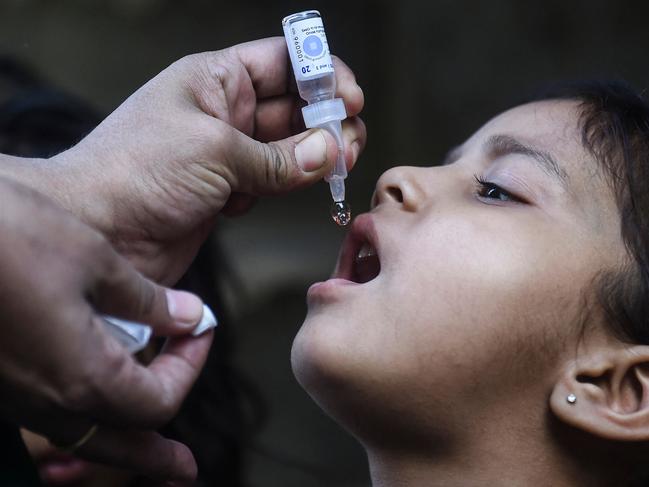
The third-world disease thought to be eradicated stunned one of the fanciest areas in the US after a 20-year-old man became paralysed from the first confirmed human case of polio in decades.
As he is being treated as the tip of the iceberg, Dr Bassett said they’re preparing for hundreds more infections “based on earlier outbreaks in New York”.
“As we learn more, what we do know is clear: the danger of polio is present in New York today,” she said.
“We must meet this moment by ensuring that adults, including pregnant people, and young children by 2 months of age are up to date with their immunisation -- the safe protection against this debilitating virus that every New Yorker needs.”
Emergency polio vaccination stations have been set up across New York’s Rockland County, on the west of the state’s idyllic Hudson River, since the virus was first confirmed.
Rockland County Department of Health Commissioner Dr Patricia Schnabel Ruppert said unvaccinated children and adults should receive a first polio immunisation immediately.
“This unprecedented circulation of polio in our community from a devastating disease that was eradicated from the United States in 1979 must be stopped,” she said.
Orange County Health Commissioner Dr Irina Gelman that polio has spread beyond patient zero and is now out in the wild.
“It is concerning that polio, a disease that has been largely eradicated through vaccination, is now circulating in our community,” Gelman said.
“Especially given the low rates of vaccination for this debilitating disease in certain areas of our County.”
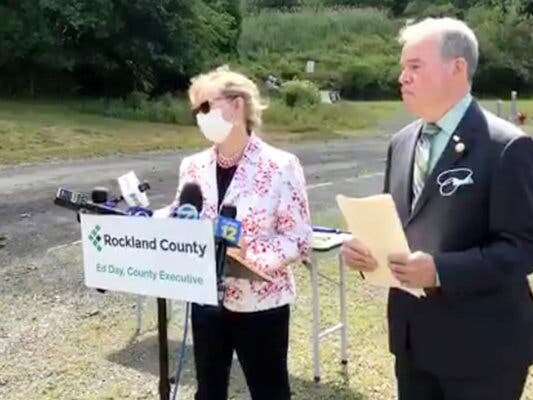
The polio panic has stunned one of the fanciest communities in the US. With a median family income of AUD $135,000 - among the highest in the Country - Rockland is the second richest county in the Hudson Valley and the fifth in New York State.
The state provided an extra 300 doses of polio vaccine to add to the county stock, with RefuahHealth offering walk-in polio vaccination clinics in nearby Spring Valley from midnight Sunday local time.
Health officials are urging vaccination to prevent its spread among a population increasingly lacking immunity to the deadly disease, which was fully eradicated in the US decades ago and now only exists in places like Afghanistan, Pakistan and Nigeria.
Its discovery 48 kilometres north of Manhattan has raised fears it could reach the densely-populated New York City, already an epicentre for Covid and an emerging Monkeypox outbreak.
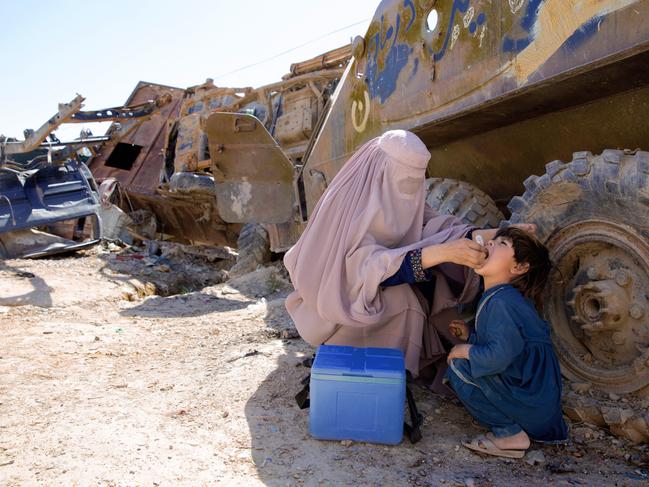
The man reportedly travelled to New York City seeking treatment at a hospital on June 20, but has since been discharged and living at his parents’ home with his wife. Anonymous health officials told The Washington Post he’s recovering from the paralysis and can partially stand, but is having difficulty walking.
“We only have the one case. Let’s hope that’s all we find,” Rockland County Health Commissioner Patricia Schnabel Ruppert said at a news conference.
It comes less than a month after the UK declared a “national incident” after a variant of the eradicated polio virus was detected in London’s sewers.
The “type-2” poliovirus derived from vaccines has been circulating in the city’s sewers between February and May, with the UK Health Security Agency announcing an investigation into whether there is community transmission.
“This isn’t normal. We don’t want to see this,” Jennifer Nuzzo, a Brown University pandemic researcher,” told AP. “if you haven’t gotten your kids vaccinated, it’s really important that you make sure they’re up to date.”
While the origin of the Rockland case is still unknown, a public health official anonymously told that he recently travelled to Poland and Hungry before being hospitalised in June with paralysis.
He was originally misdiagnosed with inflammation of the spinal cord that resulted in severe muscle weakness and paralysis, but sequencing showed a case of revertant polio Sabin type 2 virus.
The type-2 strain, like the type found in London’s sewers, suggests the transmission came from someone in a country where the virus still exists and who received an oral polio vaccine, which has not been used in the US since 2000.
The routine spread of polio in the United States was eliminated in the 1970s, with the last case brought into the country by a traveller recorded in 2013 in a 7-month-old baby from India, where the oral vaccine is still in use.
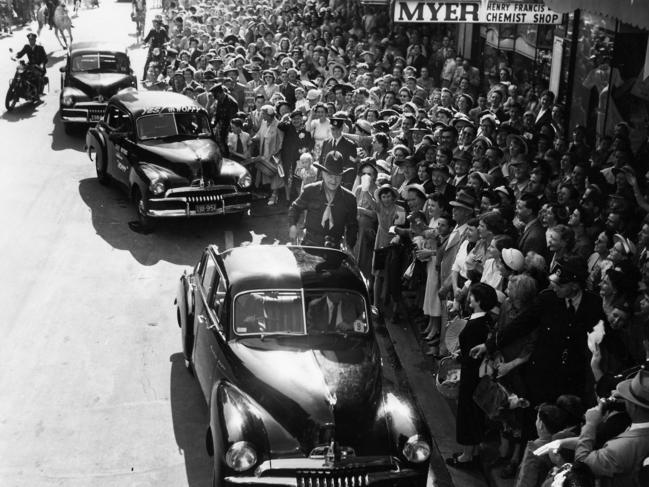
Vaccine-derived poliovirus type 2 (VDPV2) occurs when oral polio vaccines containing weakened versions of the live virus are shed through digestive systems. They can mutate into a version that regains the ability to paralyse.
The infectious disease, which is highly contagious, most commonly affects children under five years of age and attacks the nervous system, causing paralysis in extreme cases.
A massive global effort has in recent decades come close to wiping out polio. Cases decreased by 99 per cent since 1988, when polio was endemic in 125 countries and 350,000 cases were recorded worldwide.
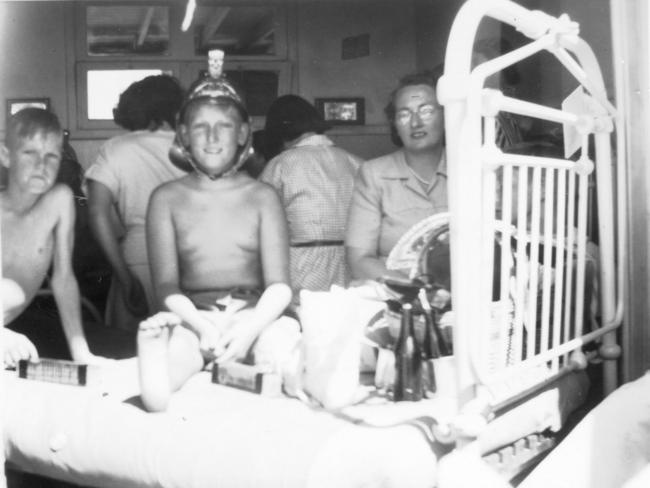
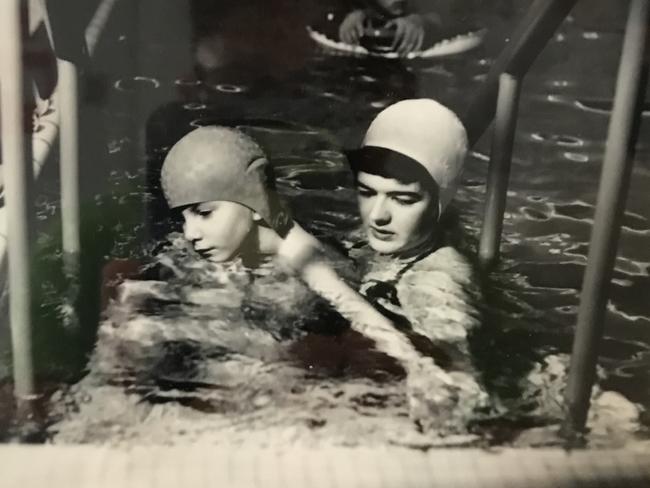
Weakened but live Type 2 polio still causes occasional outbreaks elsewhere. The oral polio vaccine (OPV) replicates in the gut and can be passed to others through faecal-contaminated water -- meaning it won’t hurt the child who has been vaccinated, but could infect their neighbours in places where hygiene and immunisation levels are low.
It can cause serious illness and paralysis in people not vaccinated against the disease.
The UN’s health agency has called for OPV to be phased out worldwide and replaced with inactivated polio vaccine (IPV).
What is Polio Type 2
There are 3 poliovirus serotypes: type 1, type 2 and type 3.
Vaccine-derived poliovirus type 2 (VDPV2), the variant detected in London, occurs when oral polio vaccines containing weakened versions of the live virus are shed through kids’ digestive systems. If it circulates in unvaccinated populations long enough, it can mutate into a version that regains the ability to paralyse.
How polio is spread
Polio, caused by the poliovirus, is a highly contagious disease spread from human to human usually through faecal to oral transmission and sometimes oral to oral transmission. After entering through the mouth, the virus multiplies in the pharynx and gut and is excreted in faeces for several weeks.
The virus invades local lymphoid tissue, enters the bloodstream, and may then infect and replicate in cells of the central nervous system, according to the Australian Department of Health. Polio has an incubation period of 3--21 days. People are most infectious from 7--10 days before symptoms start to 7--10 days after symptoms start.
Polio symptoms
Polio is a disease caused by poliovirus infection. It is a serious illness that can lead to long-term disability, paralysis and death.
Symptoms include headache, gastrointestinal disturbance, malaise, stiffness of the neck and back (which suggests meningitis), and paralysis (called paralytic polio), which is usually asymmetric. While most people recover completely, some experience muscle and nerve damage that result in lifelong disability.
Polio in Australia
Polio began declining in Australia from the 1960s until the country was declared “polio-free” in 2000, with the Department of Health saying the country was not at risk of an outbreak.
The most recent laboratory-confirmed case of wild-type polio in Australia was in 2007, when an overseas-born student acquired the disease during a visit to Pakistan. The previous case was 30 years earlier, when a person arrived from Turkey in 1977.
“Polio is very unlikely to spread in Australia because of high rates of vaccine coverage, good sanitation, and the quality and ability of the health system to respond to cases,” the department says on its website.
More Coverage
Originally published as Fears are mounting for ‘hundreds’ of polio cases after the virus was found circulating in wastewater




